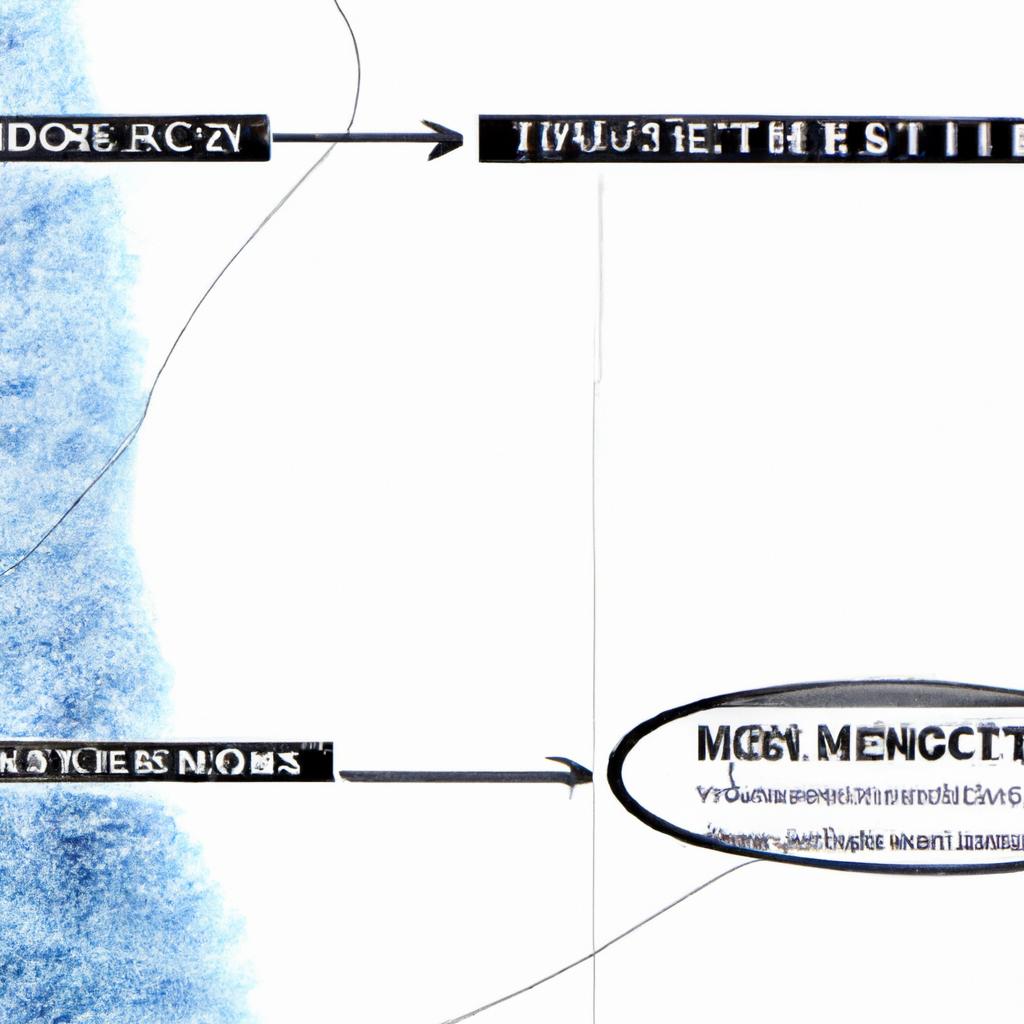Exploring the Mental Toughness Required for Goaltending in Elite Ice Hockey
Exploring the Mental Toughness Required for Goaltending in Elite Ice Hockey
Goaltending in elite ice hockey demands physical skill and immense mental toughness. Goaltenders face unique challenges during games. They must stay focused amidst swirling action. This blog explores mental toughness in goaltending and offers tips for building it.
The Pressure of the Position
Goaltenders play a unique role on the ice. They serve as the last line of defense. Every shot on goal tests their composure. A single mistake can lead to a goal and shift momentum. This pressure requires unwavering focus and resilience. Goaltenders must accept the possibility of failure. They must learn to bounce back quickly. Each goal against tests their mental strength. Transitioning from setbacks to a positive mindset is essential.
Focus and Concentration
Concentration forms the cornerstone of goaltending. A goaltender must track the puck at all times. Distractions can lead to costly mistakes. Loud crowds and intense rivalries often disrupt focus. Goaltenders must develop strategies to maintain concentration. Techniques like visualization and deep breathing can help. Visualization allows goaltenders to imagine successful saves. Deep breathing calms nerves during high-pressure moments.
Building Confidence
Confidence plays a critical role in a goaltender’s performance. Self-belief influences decision-making and reaction times. A confident goaltender makes quick, decisive saves. Doubt can lead to hesitation. Goaltenders must cultivate confidence through practice. Consistent training builds skill and reinforces self-esteem. Setting small, achievable goals also helps. Each success contributes to a stronger mental game.
Nutrition Tips for Mental Toughness
Nutrition significantly impacts mental performance. A well-balanced diet fuels both body and mind. Goaltenders should focus on whole foods. Fresh fruits, vegetables, lean proteins, and whole grains provide essential nutrients. These foods support cognitive function and energy levels. Hydration plays a crucial role. Dehydration negatively affects focus and reaction times. Goaltenders must drink plenty of water throughout the day.
Foods to Support Mental Clarity
Certain foods enhance mental clarity. Omega-3 fatty acids in fish support brain health. Nuts and seeds provide healthy fats and antioxidants. Leafy greens deliver vital vitamins and minerals. Incorporating these foods into daily meals can boost focus. Goaltenders can also benefit from complex carbohydrates. Foods like brown rice and quinoa provide sustained energy.
Timing Meals for Optimal Performance
Meal timing affects performance on game day. Goaltenders should eat a balanced meal three to four hours before a game. This meal should include proteins, carbohydrates, and healthy fats. Eating smaller snacks closer to game time can also help. Energy bars or fruit can provide quick fuel. These practices ensure goaltenders feel energized and focused during the game.
Exercise Advice for Mental Toughness
Physical training contributes to mental toughness. Goaltenders require strength, agility, and endurance. A well-rounded exercise program enhances performance on the ice. Incorporating strength training builds physical resilience. Exercises targeting the core, legs, and upper body are essential. Strong legs provide stability, while a strong core supports balance.
Agility and Reaction Time Drills
Agility training improves a goaltender’s ability to move quickly. Drills focusing on lateral movement enhance reaction times. Cone drills and ladder exercises help build agility. Reaction time drills, such as catching tennis balls, sharpen reflexes. These exercises prepare goaltenders for fast-paced game situations.
Mental Conditioning Techniques
Mental conditioning enhances resilience. Goaltenders should practice mindfulness and meditation. These techniques improve focus and reduce anxiety. Visualization exercises also help build mental toughness. Envisioning successful saves prepares goaltenders mentally for games. Combining physical training with mental conditioning creates a well-rounded athlete.
Health Benefits of Mental Toughness
Developing mental toughness yields numerous health benefits. Goaltenders often experience high-stress levels. Building resilience helps manage stress effectively. A strong mental game reduces the risk of burnout. Goaltenders with mental toughness handle adversity better. They maintain a positive outlook, even in tough situations.
Improved Performance and Enjoyment
Mental toughness directly impacts performance. Goaltenders who embrace challenges perform better under pressure. They experience greater enjoyment on the ice, enhancing overall well-being. A positive mindset fosters a love for the game. Goaltenders who develop mental strength often enjoy longer, more fulfilling careers.
Building Lifelong Skills
The skills developed through mental toughness extend beyond hockey. Goaltenders learn to manage stress and build resilience. These skills benefit them in all areas of life. Whether in school or work, mental toughness proves invaluable. Goaltenders become strong, adaptable individuals.
Conclusion
Goaltending in elite ice hockey demands exceptional mental toughness. The pressure of the position requires focus, confidence, and resilience. Nutrition and exercise significantly contribute to a goaltender’s mental game. By developing these skills, goaltenders enhance their performance and overall health. The journey to mental toughness transforms their game and their lives. Embrace challenges and become a stronger athlete both on and off the ice.
Below are related products to the topic if you’re interested:
FAQ
What unique challenges do goaltenders face in elite ice hockey?
Goaltenders serve as the last line of defense on the ice, facing immense pressure with every shot on goal. A single mistake can lead to a goal and shift the game’s momentum. This role requires unwavering focus, resilience, and the ability to quickly bounce back from setbacks.
How can goaltenders improve their focus and concentration during games?
To maintain concentration amidst distractions like loud crowds and intense rivalries, goaltenders can develop strategies such as visualization and deep breathing. Visualization helps them imagine successful saves, while deep breathing calms nerves during high-pressure moments.
What role does nutrition play in a goaltender’s mental toughness?
Nutrition significantly impacts mental performance. A well-balanced diet that includes whole foods like fruits, vegetables, lean proteins, and whole grains supports cognitive function and energy levels. Proper hydration is also crucial, as dehydration can negatively affect focus and reaction times.















Post Comment